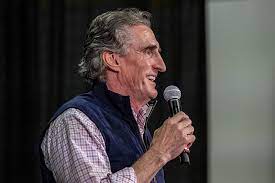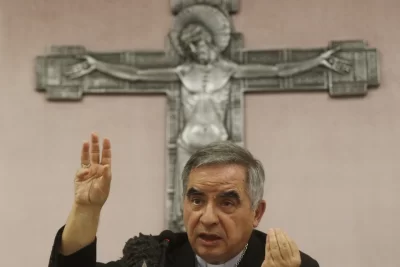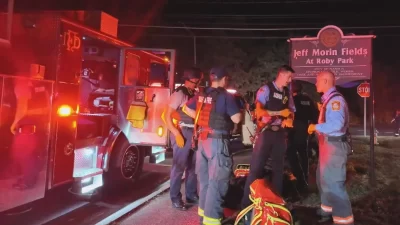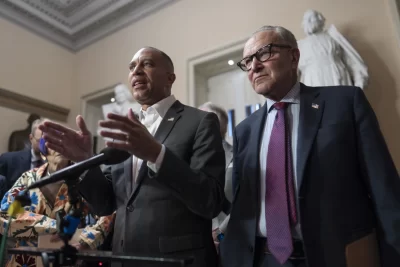
Gov. Doug Burgum called on the North Dakota Legislature on Saturday to reconsider his $91 million proposal for a permanent income tax cut when it convenes for a special session Monday.
The Republican governor said in a statement that he was “shocked and disappointed” that the agenda set by GOP legislative leaders doesn’t include his tax relief proposal, which would draw from a $288 million surplus in the previous two-year budget.
Burgum called the special session to address a major budget bill that was struck down by the state Supreme Court last month, leaving a giant hole in state government operations that lawmakers are rushing to fill. Burgum’s executive order for the session came after the court ruled last week that it won’t delay its surprising Sept. 28 decision that invalidated the funding bill for the state Office of Management and Budget.
The bill, usually the last one passed in the biennial session, is traditionally used as a catchall or cleanup bill. The court said the bill is unconstitutional because it violates the state Constitution’s single-subject requirement for bills.
A top panel of lawmakers decided to limit the agenda for the three- to five-day special session to the items that the Supreme Court voided. The bill contained about $322 million in 2023-25 budget items.
North Dakota’s 2021-2023 budget closed June 30 with a balance of nearly $1.5 billion, which was $288 million over an April forecast that was used to set the budget, because of strong revenues and lower-than-budgeted spending by state agencies.
“When government collects more tax revenue than it needs, our first option should always be to return money to the taxpayers,” Burgum said. “This proposed tax relief would allow North Dakota workers and homeowners to keep more of their hard-earned money in their pockets so they can invest it in their families, their communities and themselves.”
The GOP presidential candidate’s proposed tax cut would raise the income threshold for the bottom tax bracket so that around 50,000 more North Dakotans would pay zero state income tax, and those who still must pay would pay less.







